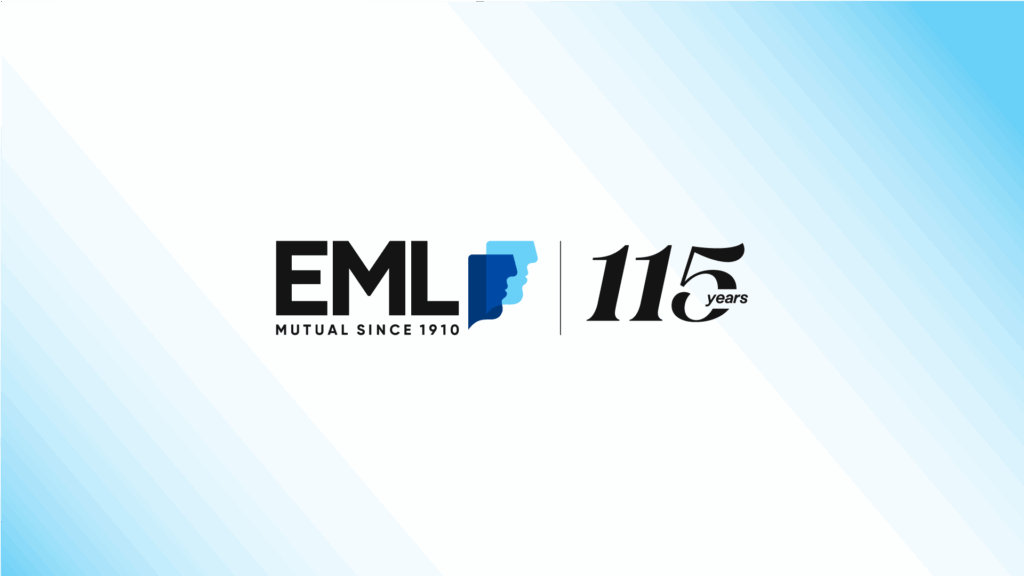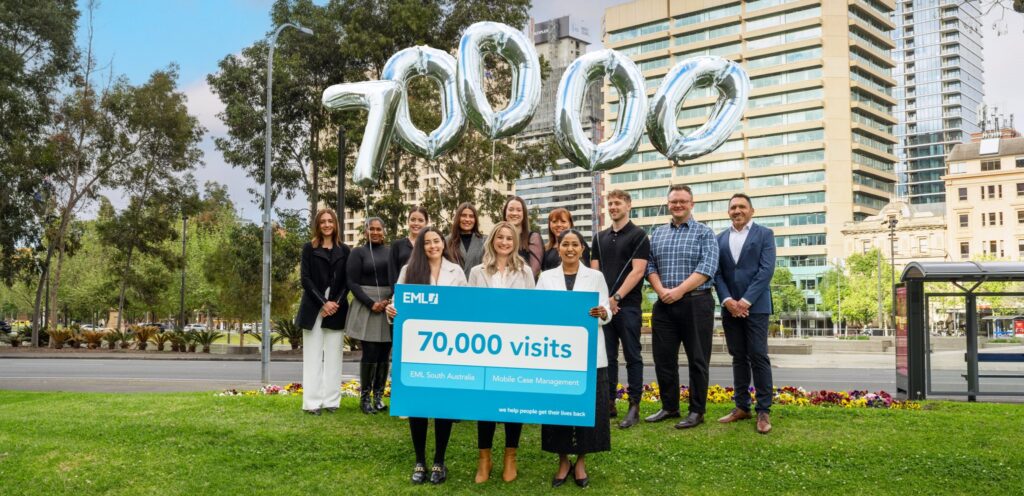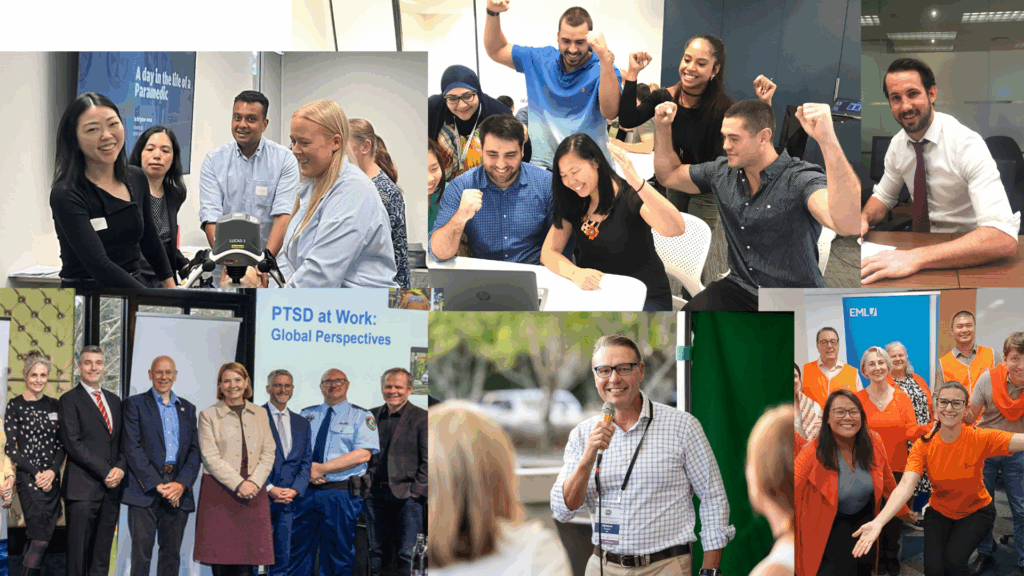Workers compensation provides a safety net for workers injured in the course of their employment, and employers play a crucial role in supporting injured workers return to work or stay at work while they recover.
Employers are obliged to appoint a Return to Work (RTW) Coordinator as per the relevant state legislative requirements to support both the employer and injured workers. The role of RTW Coordinators is vital to achieving positive outcomes for injured employees and includes:
- implementing an organisation’s return to work program/information
- preparing recovery and return to work plans
- coordinating with medical specialists
- checking on the worker’s recovery and their ability to return to work
- monitoring the safety of job tasks when an injured employee returns to work
- explaining the rights and obligations of injured workers to both the worker and employer.
We have a range of training, tools, coaching and a new collection of resources designed to support the important role that RTW Coordinators play in helping workers recover from injury and get back to work sooner.
Supporting RTW Coordinators
Training
Videos
Managing workers insurance and personal injury claims can be challenging, so we’ve developed four helpful videos to assist in understanding your role in implementing your organisation’s return to work plan and supporting a worker’s recovery and return to work.
Identifying suitable duties in the workplace
If your worker is unable to resume their full duties, your role as the employer is to provide suitable duties and to assist them to return to work.
Providing suitable duties is an effective way to support your worker with their recovery and rehabilitation as it keeps them active and engaged with the workplace. It also minimizes time off from work and can help protect your business against rising insurance premiums.
How to complete a Return to Work Plan
How to support an injured worker for improved outcomes
Common return to work barriers
Coaching
Weekly benefits/income support factsheets
Access our range of colourful and easy to read collection of factsheets which have been designed to support employers in NSW, VIC and SA. They also include a helpful list of common definitions and notes to help clarify common industry terms.





